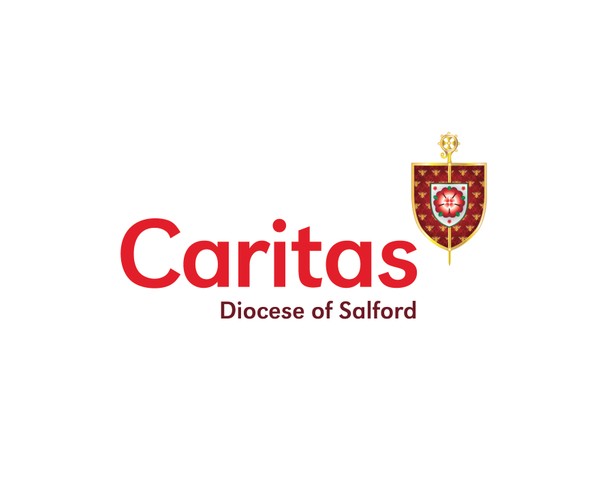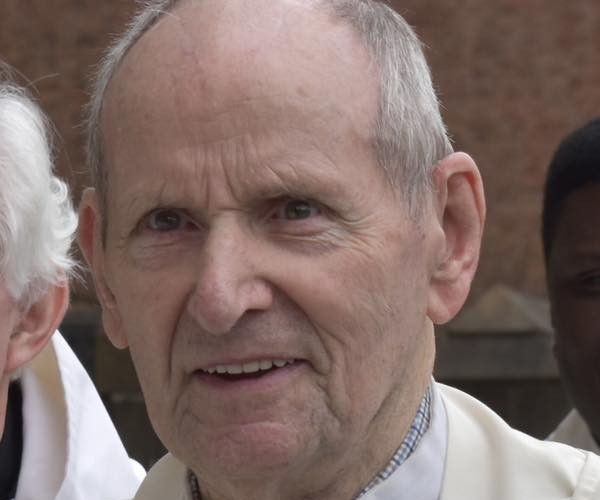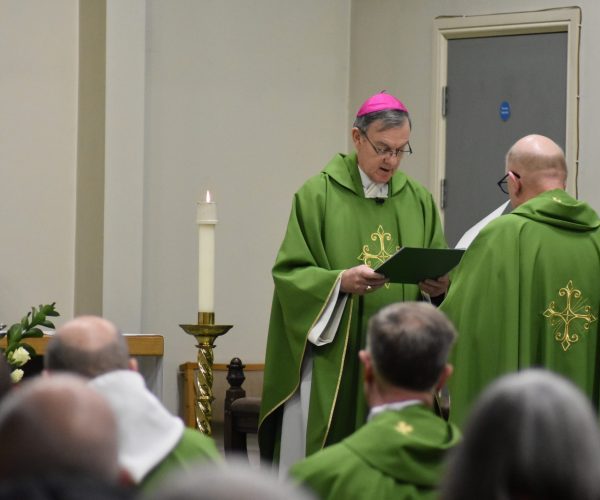
World Refugee Day – Refugee Responses during Coronavirus
Saturday 20th June 2020Today is World Refugee Day. To recognise this day, Jonny Wilson, Refugee Response Manager at Caritas Salford, reflects below on the impact the pandemic has had on Caritas’ refugee services and how they’ve had to adapt to continue reaching those most in need.
The current pandemic has shifted the way we do everything and has left no one untouched by it. I wonder if you’ve paused recently to consider the numerous ways, many mundane, that life has been altered in just a few short months?
One of the most pronounced ways that has shifted for me is how we interact with each other and learn – everything is online. My now seemingly essential smartphone and laptop has enabled me to attend webinars, host meetings and access a plethora of resources. It seems this way of accessing information and education will continue for a while to come with Cambridge University recently committing to classes online for the 2020/2021 academic year.
Refugee Response at Caritas Salford has found itself online from late March too with our weekly Haslingden drop-in continuing through WhatsApp and Zoom as well as Talk English and the Education Programme utilising these and similar technologies. Community Sponsorship English lessons take place online now too.
People like Najat who volunteers with Talk English having arrived in the UK in 2012 with experience of teaching secondary school English in Libya and who completed an MA in TESOL at the University of Salford in 2016, have been invaluable in continuing to facilitate these online classrooms. Musaab who works with the Education Programme has been key at enabling learners access on-going lessons through his links within the Sudanese community whilst supporting learners with technical issues. As a result of Najat, Musaab and others we continue to see over 100 learners in the Education Programme and regular classes throughout the week with Talk English all online.
The shift to online isn’t without challenges though and the basics we often complain about only when it goes wrong such as our Wi-Fi connection highlights what many asylum seekers and refugees lack in their own accommodation.
We’ve recently secured funding to provide some learners at the Education Programme unlimited data for their phones, but recent news of the Home Office installing Wi-Fi in their properties and a successful fundraising campaign by one of our partners the Boaz Trust to install Wi-Fi in their properties, highlights how essential this is at the moment.
Further to this, at a time of year when pupils would naturally apply online to university or college for September through computers or laptops at libraries or places like Cornerstone, our current Education Programme learners face this additional challenge of ‘digital poverty’ without access to such equipment. We’ve started the process of identifying sources of funding and affordable laptops but as you can imagine, the need is growing across the sector and yet we are grateful for partners such as NACCOM who have gathered resources on this already.
This is across the board however and more needs to be done in order for asylum seekers, refugees and many others from being excluded in a new way. Learning English, connecting with others in their community and also volunteering for the benefit of others along the way are all real positives we see from those who come under the umbrella of Refugee Response services at Caritas. Wi-Fi, mobile data and a smartphone now seem more essential than ever.
Find out more about Caritas Projects



